Click to view our Accessibility Statement or contact us with accessibility-related questions




Showing 1 of 209 conversations about:

EdinNJ
271
Aug 9, 2018
bookmark_border

CEntrance
1151
Michael Goodman
Aug 9, 2018
bookmark_border
EdinNJI knew people who could tell the make of the saxophone and the year made (Selmers in particular) just by listening to the sound of the instrument on jazz records. I didn't trust them and then would proceed to lose every bet. That was some real hearing ability. It does exist. As a bass player, my ear can tell fretted from fretless (easy), flatwound from roundwound (harder) and pick out some models, like Warwick, P-Bass, Yamaha, etc. But I never made a career out of betting money on that ;)

EdinNJ
271
Aug 9, 2018
bookmark_border
CEntranceWhile I think trained ears are more likely to notice the differences that cables can make, I've proven (to myself) that the differences aren't terribly subtle. I had four different pairs of RCA cables that I tried for connecting my DAC to my preamp. It was obvious to me which ones were the best. But a few people who don't really have trained ears also picked either the cables that I liked most, or the ones I liked second best. They had no idea which cable was which. They listened to two different songs with each cable, and said, wow, that third one (or second or whatever) really sounded better. Wasn't the most expensive (thankfully), or least.
In my experience, the better your speakers, the more difference engineered cables make. At the nosebleed end of equipment, there'll be a best or preferred cable among several alternatives for a speaker/amp combination. But for gear that most of us can afford, speakers and amps are so good these days that I think many people would notice an improvement with engineered cables. And if you don't... sell them to someone who does. Very few people I know still use zip cord.
In my experience, the better your speakers, the more difference engineered cables make. At the nosebleed end of equipment, there'll be a best or preferred cable among several alternatives for a speaker/amp combination. But for gear that most of us can afford, speakers and amps are so good these days that I think many people would notice an improvement with engineered cables. And if you don't... sell them to someone who does. Very few people I know still use zip cord.

CEntrance
1151
Michael Goodman
Aug 9, 2018
bookmark_border
EdinNJMassdrop generally means "affordable" and that doesn't always mean "best". Since we are able to offer a truly high-end cable to the massdrop customer, we are bucking the trend and that's bound to raise some eyebrows. No problem. The community will still benefit.
k0ss
9
Mar 27, 2020
bookmark_border
EdinNJWhy are you comparing digital ethernet cable to 20kHz analog speaker cable?
Digital Ethernet requires better tolerances because it's a 100.00ohm (you pay for the extra zeros on that) twisted pair transmission line that operates at GHz frequencies.
You pay for expensive cables only when you need tight tolerances on the characteristic impedance (high frequency parameter). You pay to have better tolerances.
With 20kHz analog of a few meters in length you don't need any tolerances of any kind. Dumb copper of appropriate thickness has objectively the same electrical properties as any "audiophile" cable. The only way my mind can be changed is you take an FFT comparing dumb cable to this "audiophile" cable.

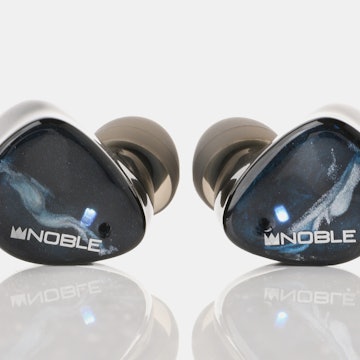
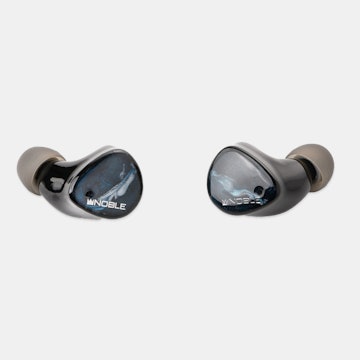
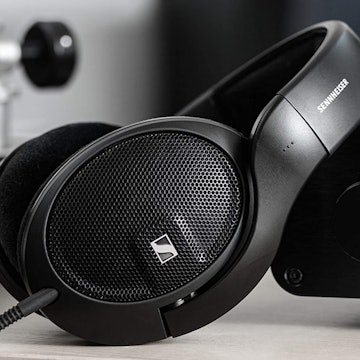

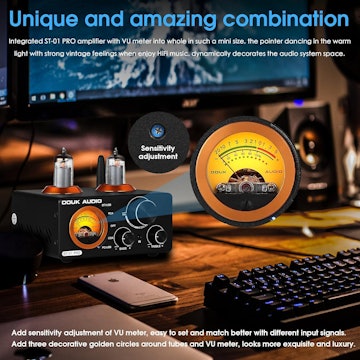
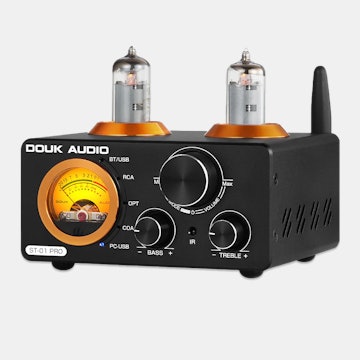
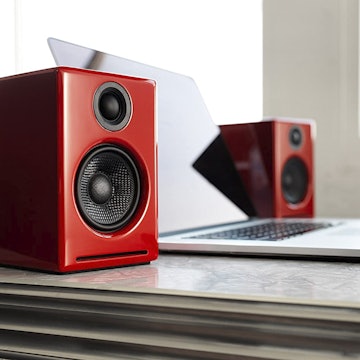
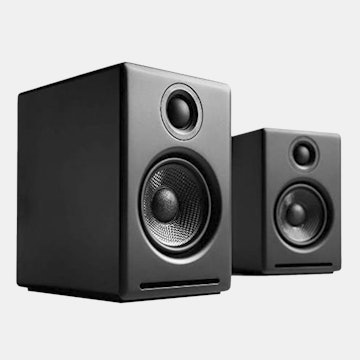
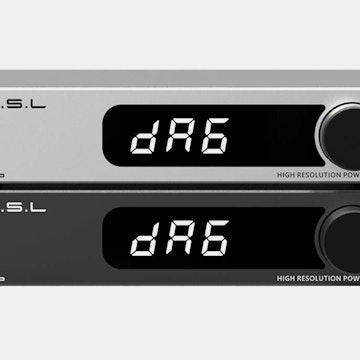
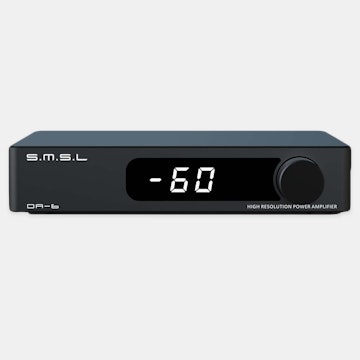

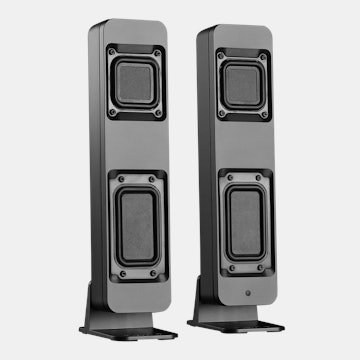
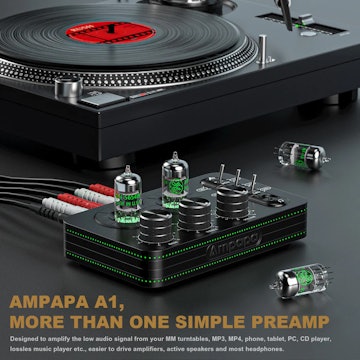
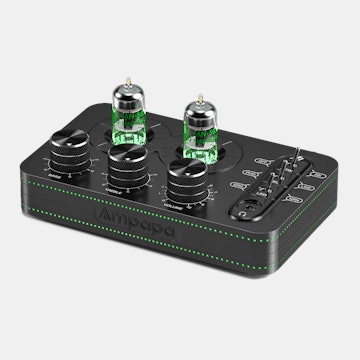

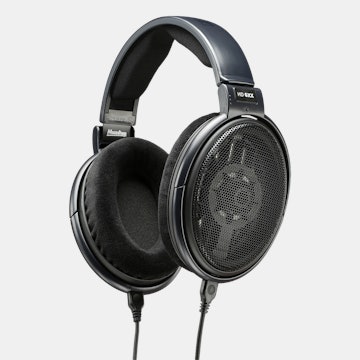
I've spent years working with supercomputers of various sorts. Cable quality matters, and quality is very complex - sometimes more copper is better, sometimes less. The type of insulation and isolation barriers is important, and different for different applications. More than once I've seen massive re-cabling of Beowulf clusters, because of performance deficits that weren't expected.
In computer applications, getting the cables wrong affects computational speed because problematic data gets detected and re-sent. In your home audio system, there's no error correction between your amp and speakers. Or between your turntable and pre-amp. You get to listen to all the errors.
You may not hear them. Absolutely true. Different people have different hearing abilities and skills. Back when I was a professional musician (brass instruments) when I listened to a trumpet or trombone player, I could tell you what type of metal their bell was made of. I suspect most people couldn't do that, but many of the people I performed with could. 15 years of training does that to you. When I raced cars, I could tell if a tire was two pounds off pressure. Others, my superiors by far, could tell half pound inflation errors. I know people who can taste wine and tell you the grapes involved, the geography or origin, and year. I can tell red from white. And I'm happy with that.
Perhaps more direct: just because you can't tell if a mole is cancerous doesn't mean no one can.
I can tell the difference between zip cord and engineered speaker cables. Not with my cheap garage speakers (12 gauge zip cord there), but in my two main listening systems, I have speaker cables that are specific for the amp/speaker combos. They're both about the same price point, but they perform very differently with different speaker/amp combinations. A couple years ago I swapped them between the two systems as an experiment - could my family, not musically trained, notice? About a half hour into our evening jazz, my wife, who's listening is mostly books on tape, asked me what was wrong with the system. She had no idea as to what or why, but she could tell that something wasn't right. Switched the cables back. Happiness ensued, except I took a lot of crap for assuming she couldn't tell.
If you can't tell the difference between 12 gauge zip cord and engineered speaker cables, good for you! You'll save so much money! But don't be a doofus and assume that the rest of the world's hearing abilities and skills are no better than yours. Assuming that all humans have equal abilities makes you look silly.
And unless you're a dermatologist, let someone else check that mole for you.